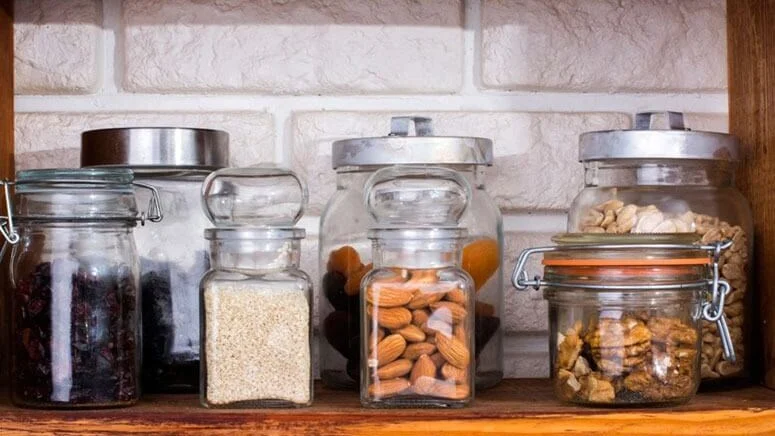Acid reflux occurs when the acid in your stomach flows up into the esophagus due to the esophageal sphincter being damaged or weakened. For those diagnosed with acid reflux, managing your diet is a good way to relieve symptoms. This includes monitoring the number of acidic foods you consume. Nutrition and stomach problems go hand in hand, and there are foods that everyone should know to add or omit from their diet to help control acid reflux.
Foods to add:
- Ginger. Ginger is highly praised as an anti-inflammatory food and is easy to incorporate into foods such as stir fry, smoothies, or teas. Ginger can treat a wide variety of gastrointestinal issues, including acid reflux.
- Vegetables. Low in both fat and sugar, veggies are an excellent way to fill you up while reducing stomach acid at the same time. Vegetables to keep in your diet include beans, broccoli, leafy greens, and potatoes.
- Healthy fats. While fat may be a controversial aspect of food, getting enough healthy fats in your body can help you stay healthy and energized to fight reflux symptoms. Healthy fats include avocados, flax seeds, olive oil, and sesame oil. A gastroenterologist can help you determine what other healthy fats to keep in your diet.
- Oatmeal. Oatmeal is not only a hearty breakfast full of fiber, but it is an excellent absorber of acid in the stomach. Eating oatmeal at least a few times a week can improve your nutrition and stomach problems in one easy meal!
Foods to avoid:
- Caffeine. Though coffee may be a morning ritual for some, the acidity that caffeine brings to your stomach may be triggering acid reflux symptoms. Replacing coffee or caffeine with drinks such as ginger tea will bring a calmer and healthier morning.
- Unhealthy fats. French fries, dairy, and bacon may seem like the ultimate comfort foods, but the saturated or trans fat that you put in your body can cause your esophageal sphincter to open and induce acid reflux. Unhealthy fats also delay stomach emptying, meaning that the acidic food stays in your stomach for longer.
- Citric foods. Fruits and vegetables are a standard recommendation for a healthy and balanced diet. However, certain foods with high acidic contents like oranges, lemons, and tomatoes can quickly worsen your symptoms. Talking with a gastroenterologist can help you understand further how these foods affect your condition.
- Spicy foods. Foods with a lot of spice or garlic and onions may not trigger acid reflux symptoms in everybody, but it may cause irritation in your diet. Track your meals to see if your body benefits or hurts from spicy foods, garlic or onions. This will help you determine whether or not to keep them on your plate
Managing your diet is a good way to help reduce acid reflux symptoms. Other good ways include avoiding overeating or eating prior to bedtime. To learn more about dietary improvements and acid reflux talk to one of the board certified gastroenterologists at Texas Digestive Disease Consultants. Visit our website at https://tddctx.com/ to learn more.

